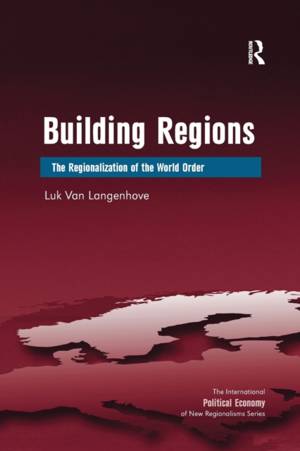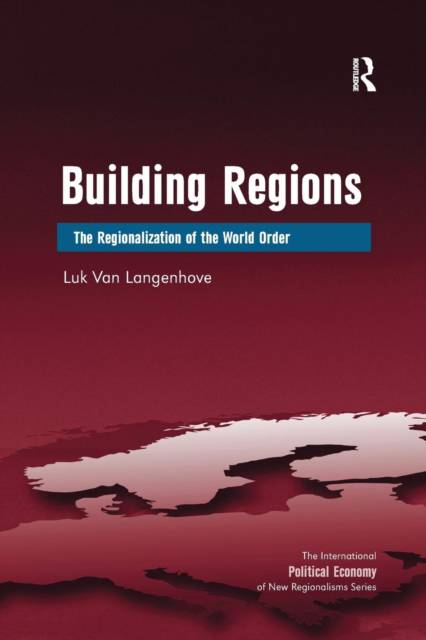
- Afhalen na 1 uur in een winkel met voorraad
- Gratis thuislevering in België vanaf € 30
- Ruim aanbod met 7 miljoen producten
- Afhalen na 1 uur in een winkel met voorraad
- Gratis thuislevering in België vanaf € 30
- Ruim aanbod met 7 miljoen producten
Zoeken
Omschrijving
Regions. How they emerge and how they are dramatically changing the appearance of the present 'world of states' and its related forms of governance from local to global levels is analysed in this monograph. But what are regions? Regions can be small or huge. They can be part of a single state, be composed out of different states or stretched out across borders. They can be important recognized economic, social or cultural entities or they can be largely ignored by the people who live on a region's territory. They can be well-defined with clear cut boundaries as is the case in so-called 'constitutional regions' or they can be fuzzy as for instance in cross-border regions. In sum, they are not a natural kind and defining regions is not a simple task. Luk Van Langenhove advances the concept of region building as an alternative to the construction of regions with three issues of region building being explored: - Why are regions built in a world of states? - How do region building processes take place? - How are regions transforming the present world order? Crossing disciplinary boundaries, this book is an exercise in theorizing regions and brings together under one conceptual framework, different processes and concepts such as regional integration, devolution, federalism, and separatism and refines the social constructionist view on regions
Specificaties
Betrokkenen
- Auteur(s):
- Uitgeverij:
Inhoud
- Aantal bladzijden:
- 198
- Taal:
- Engels
- Reeks:
Eigenschappen
- Productcode (EAN):
- 9781138268463
- Verschijningsdatum:
- 17/11/2016
- Uitvoering:
- Paperback
- Formaat:
- Trade paperback (VS)
- Afmetingen:
- 156 mm x 234 mm
- Gewicht:
- 285 g

Alleen bij Standaard Boekhandel
+ 151 punten op je klantenkaart van Standaard Boekhandel
Beoordelingen
We publiceren alleen reviews die voldoen aan de voorwaarden voor reviews. Bekijk onze voorwaarden voor reviews.











